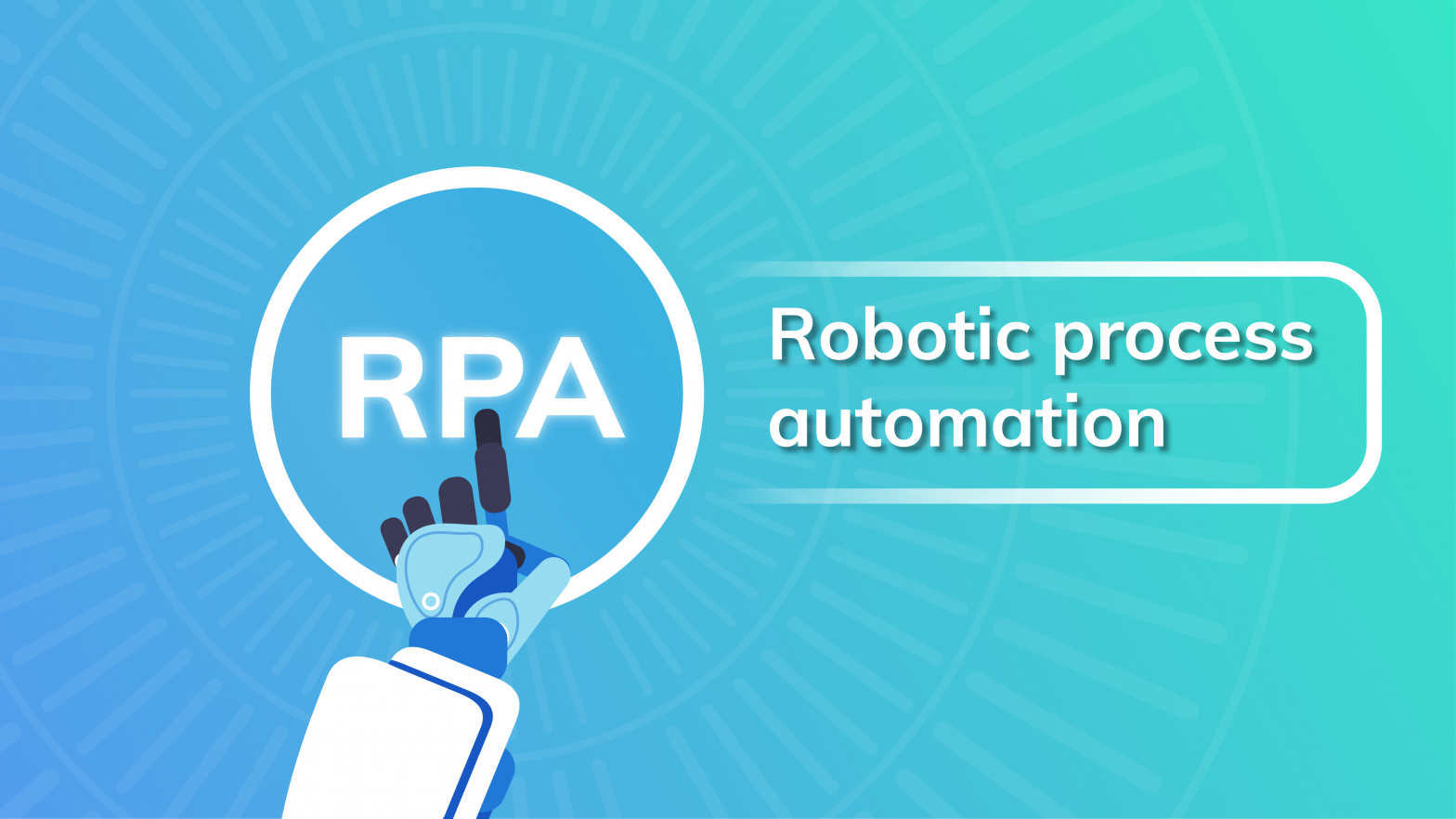Robotic process automation is a step by step undertaking that enables companies to automate routine, repetitive tasks, and free their employees to focus on more fundamental ones. Besides this, there are numerous benefits to implementing it. RPA robots utilize the user interface to capture data and manipulate applications just like humans do. In other words, they interpret, trigger responses, and communicate with other systems in order to perform on a vast variety of repetitive tasks.
RPA is gaining tons of traction for its promise of improving business efficiency, making employees more productive, and leading to an overall increase in profit. In spite of the benefits of RPA in business for those who were the pioneers in implementing it, there are still some decision-makers on the fence whether or not RPA is worth their time and effort. There are multiple uses of RPA in business.
What are the uses of RPA in Business?
1. Error-free operations
With RPA, this benefit comes as a no-brainer. RPA eliminates costly mistakes that lead to false analytics and poor decision making. RPA helps businesses introduce precision in their operations and makes monotonous processes error-free.
2. Empower the workforce
When robots get to do tedious tasks, employees rejoice. Studies have shown that employee satisfaction increases as they perform meaningful and worthy jobs. As employees undertake significant duties, they look forward to appreciation. At the same time, that becomes an active driver in their efforts. Which in turn leads to building an organization with driven people. Another indirect benefit of employee satisfaction is when employees have high morale and boosted spirits.
3. Cost Savings
One of the important advantages of RPA is the quick reduction in the cost it can deliver. By automating tasks, the cost saving of almost 30% can be achieved over the yield of productivity. Subsequently, software robots also cost less than a full-time employee.
4. Quality & Accuracy
RPA offers enhanced services to processes with a high probability of human errors, thereby increasing accuracy. Robots are reliable, and consistent and don’t complain when expected to work tirelessly. Moreover, they reduce the cases of re-work and enhance quality. The vital part is that robots follow rules exactly thereby producing 100% accuracy.
5. Data management
Relevant data comes from a variety of sources, personal records, and files, operational performance datasheets, etc. Above all , this ought to be put together and analyzed consistently. More, the end results must be passed on in due time to business executives.
Want to learn more about RPA, check it out here.







